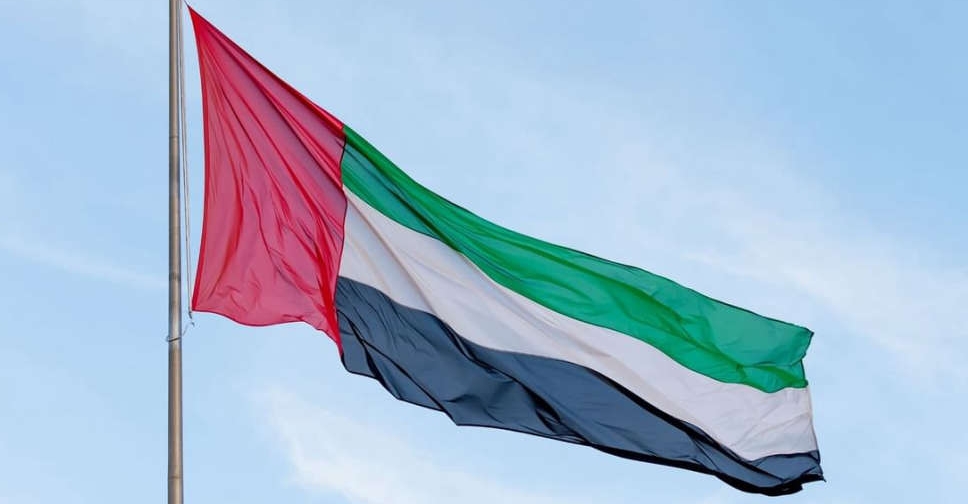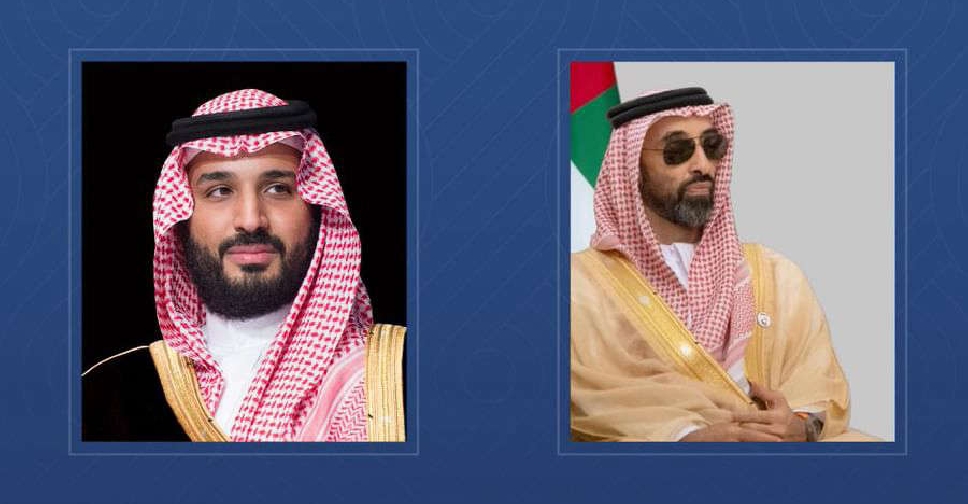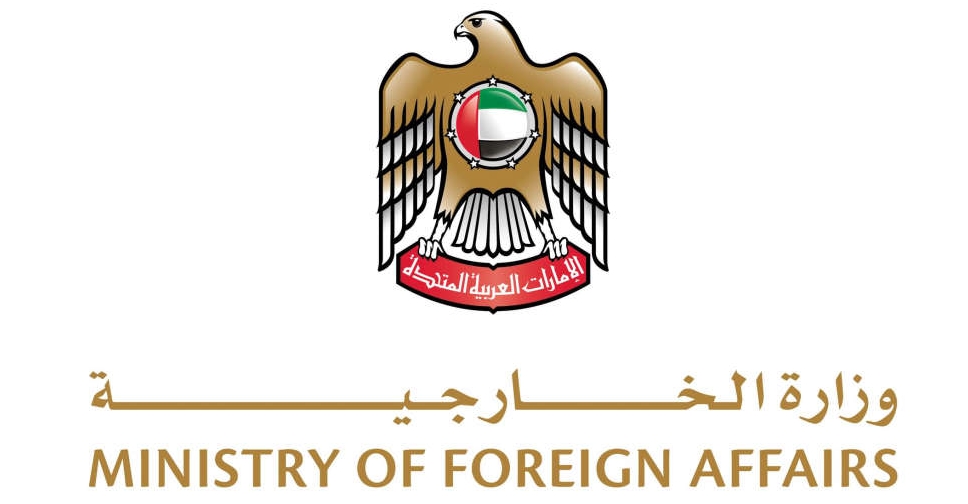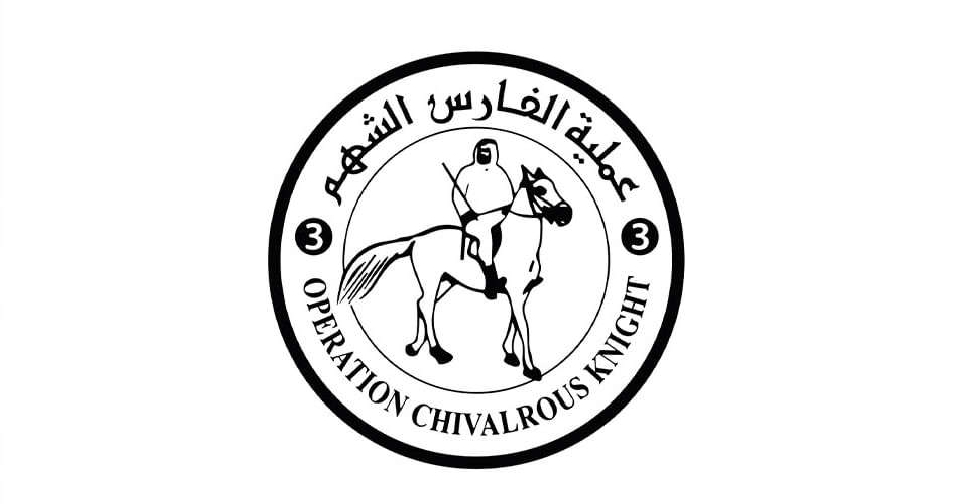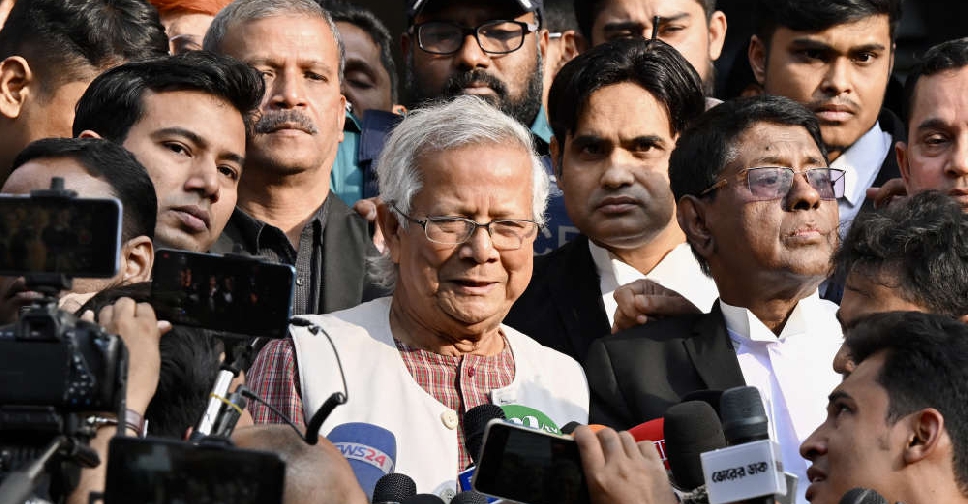
A court in Bangladesh on Monday sentenced Nobel laureate Muhammad Yunus to six months in prison for labour law violations, prosecutors said, for what he said was a crime he did not commit.
Yunus, 83, and his Grameen Bank won the 2006 peace prize for their work to lift millions out of poverty by granting tiny loans of under $100 (AED 367.28) to the rural poor of Bangladesh, pioneering a global movement now known as microcredit.
Prime Minister Sheikh Hasina, however, accused him of "sucking blood from the poor". His supporters say the government is attempting to discredit him because he once considered setting up a political party to rival Hasina's Awami League.
Yunus, an economist, and three employees from Grameen Telecom, a company he founded, were convicted on Monday of failing to create a welfare fund for its employees.
"This verdict against me is contrary to all legal precedent and logic. I call for the Bangladeshi people to speak in one voice against injustice and in favour of democracy and human rights for each and every one of our citizens," he said in a statement after the verdict.
Responding to petitions submitted by the accused, the court granted them bail pending a possible appeal.
"The court granted their bail, giving them one month to file an appeal against the verdict of the court," prosecutor Khurshid Alam Khan said.
Abdullah Al Mamun, a lawyer for Yunus, said the accused would appeal against the verdict, describing the case as politically motivated and aimed at harassing Yunus.
Yunus is facing more than 100 other charges over labour law violations and alleged corruption.
Human rights groups have accused the government of Hasina of targeting political dissent.
Hasina is seeking a fifth term - and her fourth consecutive one - in an election on January 7 which the main opposition party has boycotted.


 Russia's all-night drone attack on Kyiv injures 14, Ukraine says
Russia's all-night drone attack on Kyiv injures 14, Ukraine says
 Trump celebrates tax bill victory at Iowa fairground rally
Trump celebrates tax bill victory at Iowa fairground rally
 Several people stabbed near shopping centre in Finland's Tampere
Several people stabbed near shopping centre in Finland's Tampere
 GCC condemns continued Israeli aggression against Palestinians
GCC condemns continued Israeli aggression against Palestinians
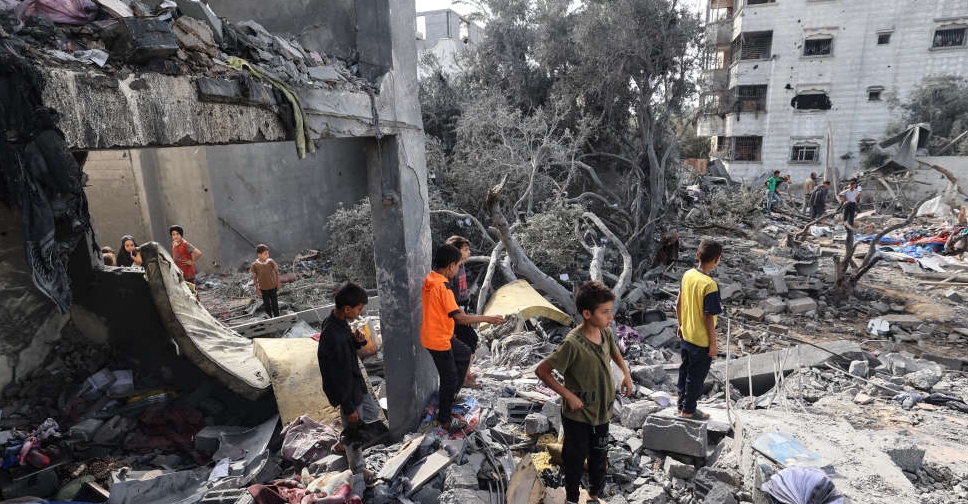 Hamas seeks ceasefire guarantees as scores more killed in Gaza
Hamas seeks ceasefire guarantees as scores more killed in Gaza
